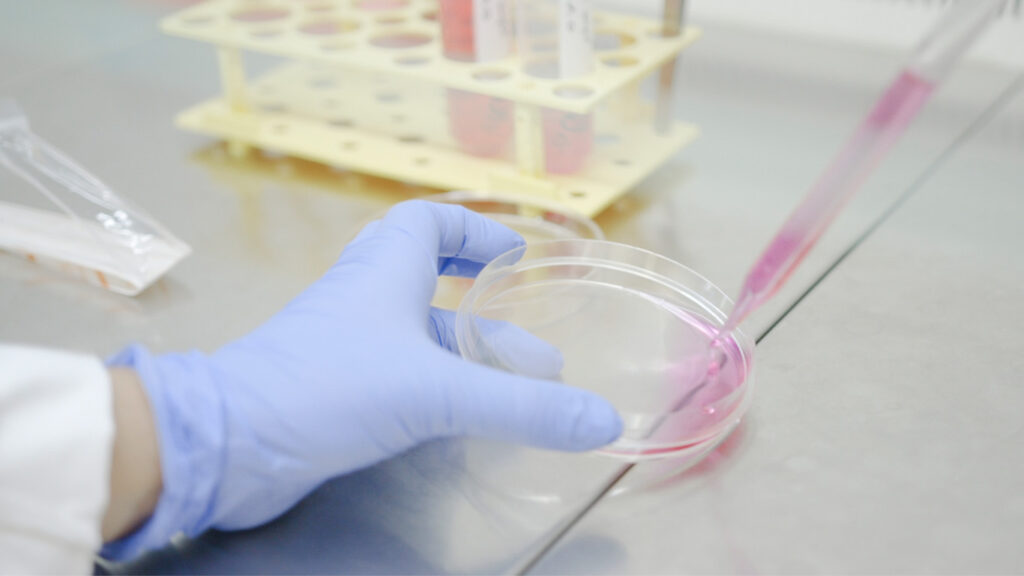The Bellvitge Biomedical Research Institute (IDIBELL) and the Catalan Institute of Oncology (ICO), from the Clinical Hematology Department and the Cancer Immunotherapy group of the ProCure program, have signed an agreement with the CSIC and the Catalan Banc de Sang i Teixits (BST) to investigate the genetic modification of stem cells obtained from umbilical cord blood to produce CAR-NK immune cells capable of recognizing and attacking tumor cells and other diseases.
The research seeks to improve the results of CAR-T (acronym in English for “T cells endowed with chimeric antigen receptors”) therapies, which are already in use for some types of cancer. The main difference is that NK (Natural Killer) cells are easier to produce on a large scale from stem cells than T cells.
The agreement seeks to create a CAR-NK cell bank that contains a battery of antitumor genes, including CAR19 or CAR19/20 receptors, which are genetic modifications that allow immune cells to specifically identify and attack acute lymphoblastic leukemia and B-cell lymphoma. The goal is to store these cells in cell banks and have them available for immediate application in cancer immunotherapies.
“We believe that this development will make it possible to produce immune system cells designed to attack specific therapeutic targets in a much faster, more efficient and cheaper way than currentl technologies. This system can also be applied to other diseases, such as fungal infections or those caused by bacteria resistant to antibiotics”, explain Dr. Anna Sureda, head of the Department of Clinical Hematology at IDIBELL and ICO, and Dr. Alberto Mussetti of the same department.
IDIBELL and ICO will provide the sequences of the chimeric antigen receptors and the viral vectors, as well as the models for the in vitro and in vivo validation of the new therapies, explain Dr. Rafael Moreno and Dr. Ramón Alemany from the Immunotherapy research group also at IDIBELL and ICO. In addition, the team will have the scientific support and experience of the different groups that are currently developing CAR-NK therapies within the framework of the National Network of Advanced Therapies RICORS TERAV of the ISCIII.
An exploratory investigation
CAR-NK (acronym for NK cells endowed with chimeric antigen receptors) therapies are a promising strategy to combat cancer, still in development. They are based on modifying NK (natural killer, a type of lymphocyte) cells so that they are capable of specifically recognizing and attacking cancer cells.
The research carried out by IDIBELL, the ICO, the CSIC, the BST, of a preliminary and exploratory nature, seeks to obtain and modify these induced pluripotent stem cells, to later verify their viability and effectiveness in the laboratory.
The stem cells used in this project come from donors that are compatible with a high percentage of the European population. Thanks to this, the cells can be produced and stored while waiting for the patients who need them.
Currently, the patient’s own lymphocytes are used, which must be extracted, modified and cultured individually after the diagnosis, which makes the procedure extraordinarily expensive and dangerously delays its application.
The research tries to confirm whether it is possible to improve the efficacy of current cellular immunotherapy treatments by providing immunocompatible NK cells with a battery of antitumor genes that multiply the effect of CARs.
The resulting cell bank, which will be in the BST, is expected to contain modified cell lines of the most common genetic types. In this way, a bank of CAR-NK cells would be available immediately for the treatment of acute lymphoblastic leukemia and B-cell lymphoma.

